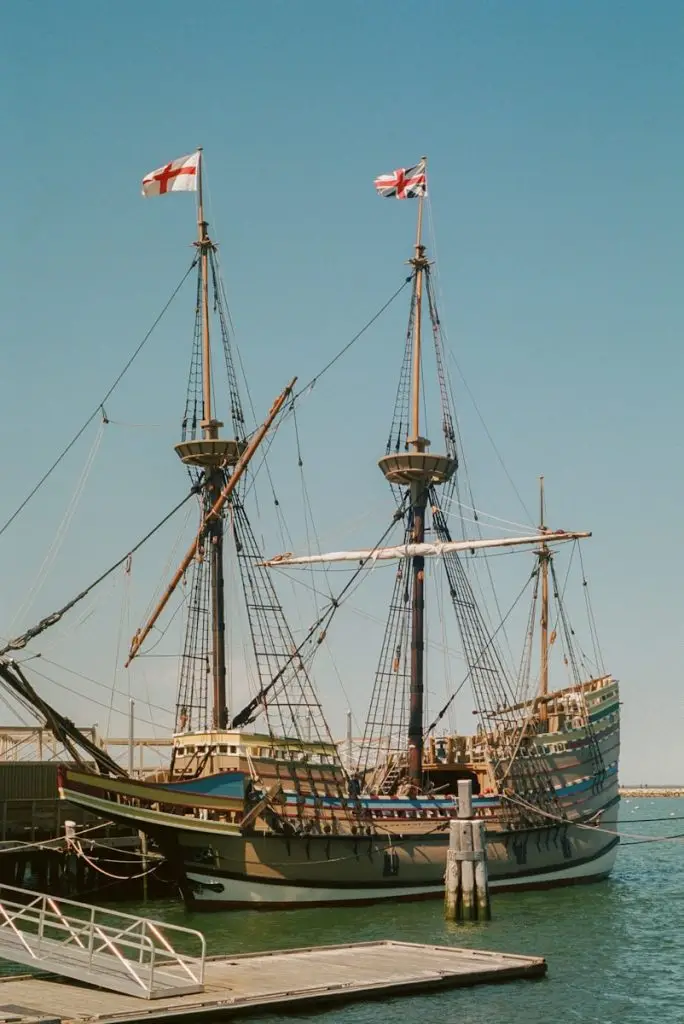
Ivanhoe Atlantic Deal: 5 Shocking Truths Behind the US Diplomacy Controversy
Ivanhoe Atlantic Deal: 5 Shocking Truths Behind the US Diplomacy Controversy
The Ivanhoe Atlantic Deal has emerged as a focal point of controversy in U.S. foreign policy circles. What began as a commercial mining agreement in southern Africa is now raising serious questions about diplomatic favoritism, national security, and the influence of foreign actors on American decision-making.
Critics argue that high-level U.S. officials, including ambassadors and a senior adviser to the President, may have used their positions to advance a project that benefits Chinese and South African interests — some of whom are linked to entities that undermine U.S. strategic objectives. The Ivanhoe Atlantic Deal is no longer just a business transaction — it is a test of accountability in American diplomacy.
Ivanhoe Atlantic Deal: A Deal That Challenges National Security
At the heart of the debate is whether the U.S. government has indirectly endorsed a commercial venture that could strengthen the geopolitical position of strategic rivals. The Ivanhoe Atlantic Deal involves critical mineral resources — such as copper and cobalt — essential for clean energy and defense technologies.
Concerns have been raised that Chinese-backed entities could gain indirect access to these resources through South African partners, potentially compromising supply chain security. This contradicts the “America First” foreign policy agenda, which emphasizes reducing dependency on adversarial nations.
Diplomacy or Favoritism?
The involvement of senior U.S. diplomats in promoting the deal has sparked allegations of overreach. As noted in official guidelines from U.S. Department of State – Principles of Diplomatic Conduct, “Diplomatic support must serve national interest, not private gain.”

Truth #1: U.S. Ambassadors May Have Overstepped Their Role
Reports suggest that U.S. ambassadors in the region actively promoted the Ivanhoe Atlantic Deal, despite it primarily benefiting non-American companies. While diplomatic support for allies is normal, using official platforms to boost private commercial projects raises red flags.
Such actions blur the line between public service and private interest — a boundary that must be preserved to maintain trust in foreign policy institutions.
Accountability in Diplomatic Channels
The State Department must clarify whether these interventions were authorized and aligned with national strategy.
Truth #2: A Senior White House Adviser Is Under Scrutiny
A senior adviser to the U.S. President, reportedly a candidate for Assistant Secretary of State for African Affairs, is linked to the promotion of the deal. This connection has intensified calls for transparency.
If confirmed, the appointment of an official with ties to controversial commercial ventures could undermine the credibility of U.S. foreign policy in Africa.
Merit vs. Loyalty in Appointments
Public service requires integrity. Appointments must be based on competence and impartiality — not allegiance to specific business interests.
Truth #3: Chinese Interests Stand to Gain
Although the Ivanhoe Atlantic Deal is framed as a South African project, Chinese state-linked firms hold significant stakes in the supply chain. This raises concerns about indirect access to critical minerals vital for U.S. defense and technology sectors.
As seen in other global disputes — from the attempted interdiction of a royal wedding to Archbishop Makgoba’s rejection of fake news — the line between business and influence is increasingly blurred.
Securing Strategic Resources
The U.S. must ensure that its diplomatic efforts protect, not jeopardize, access to essential materials.
Truth #4: The America First Agenda Is at Stake
The Trump-era “America First” policy emphasized economic nationalism, reduced foreign dependency, and protection of domestic industries. The Ivanhoe Atlantic Deal appears to contradict these principles by advancing a project that primarily benefits foreign actors.
Supporting deals that enrich non-American entities while posing potential security risks undermines the very foundation of that agenda.
Consistency in Foreign Policy
Whether under Democratic or Republican leadership, U.S. diplomacy must prioritize national interest over commercial lobbying.
Truth #5: Congress Must Investigate
The U.S. Congress has a constitutional duty to oversee foreign policy and hold officials accountable. The Ivanhoe Atlantic Deal warrants a formal inquiry into the conduct of diplomats, the role of White House advisers, and the alignment of the deal with national security objectives.
As highlighted in Mauritius Times – 70 Years of Independent Journalism, “Transparency in governance is not optional — it is essential for legitimacy.”
A Call for Oversight and Integrity
Only through rigorous scrutiny can public trust in diplomacy be restored.
Conclusion: A Test of American Diplomatic Integrity
The Ivanhoe Atlantic Deal is more than a mining agreement — it is a litmus test for U.S. foreign policy integrity. When diplomacy serves private interests over public good, the foundation of national security weakens.
The American people deserve to know whether their government is protecting their interests or advancing those of foreign entities. Congress must act — not to punish, but to clarify, reform, and reaffirm the principles of accountable, transparent, and patriotic diplomacy.
For deeper insights on governance and foreign policy, read our analysis: Good Governance in the US – Challenges and Solutions.


